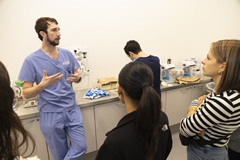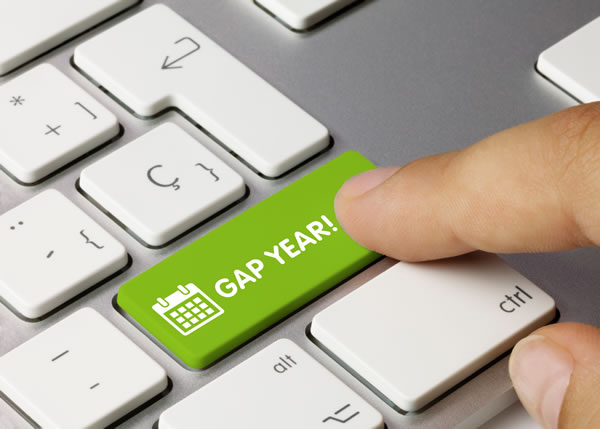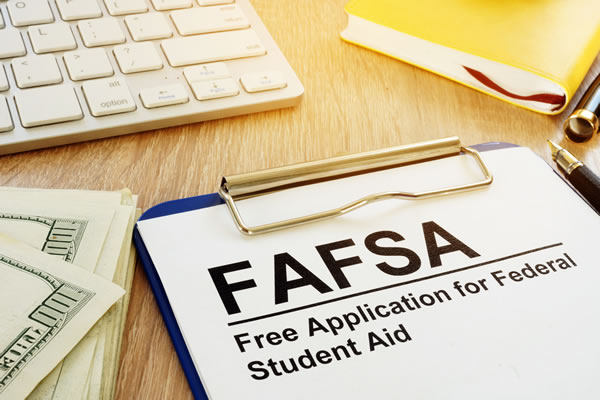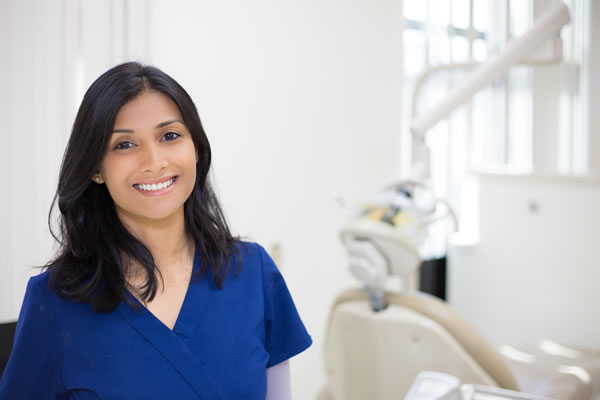Financial Aid Advice
-
... See MorePrivate Student Loans: Three Important Questions
Posted by Paul Garrard, M.B.A. on October 20, 2025
-
... See MoreWhat Every Incoming Dental Student Should Know About Private Student Loans
Posted by Paul Garrard, M.B.A. on August 25, 2025
-
... See MoreImportant Update on Borrowing for Dental School
Posted by Paul Garrard, M.B.A. on July 18, 2025
-
... See MoreTen Financial Questions Every Incoming Dental Student Should Ask
Posted by Paul Garrard, M.B.A. on May 27, 2025
-
... See MoreGap Years and Student Loans: What Every Student Considering a Gap Year Should Know About Financial Aid
Posted by Paul Garrard, M.B.A. on May 27, 2025
-
... See MoreImportant Update: Applying For Federal Student Loans
Posted by Paul Garrard, M.B.A. on May 16, 2025
-
... See MoreFinancing Your Dental Education – Did You Know?
Posted by Paul Garrard, M.B.A. on May 16, 2025
-
... See MoreImportant Information on Student Loan Interest Rates
Posted by Paul Garrard, M.B.A. on May 13, 2025
-
... See MoreTips on Financing Your Dental Hygiene Education
Posted by Paul Garrard, M.B.A. on April 26, 2022









